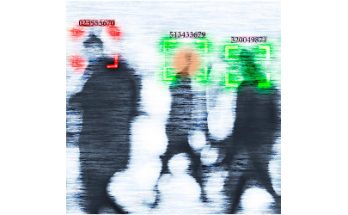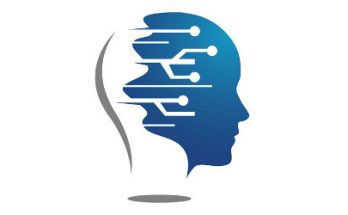“Technology and Democracy”
Communications of the ACM, September 2022, Vol. 65 No. 9, Page 5
Departments
By Moshe Y. Vardi
“Computing has become highly important in everyday life during the past 75 years. In addition to its many benefits, however, it has also played a major role in driving societal polarization. The somber tone of ACM@75 appropriately recognized this.”
This has been a decade of ACM milestones. In 2012, ACM celebrated the Turing Centenary.a In 2017, ACM celebrated 50 Years of the ACM A.M. Turing Award.b On June 10 of this year, ACM celebrated ACM’s 75th Anniversary (ACM@75).c But the differences in tone were palpable. The 2012 and 2017 events celebrated the achievements of computing and its remarkable ascendance as a technology. While the 2017 event did end with a panel on “Challenges in Ethics and Computing,” such challenges were a major focus in 2022, and a participant found “the whole thing a little … depressing.”
The somber tone of ACM@75 cannot be separated from concurrent events. On June 9, a U.S. House of Representatives select committee opened public, televised hearings investigating the Jan. 6, 2021 attack on the U.S. Capitol, laying out evidence of an attack on U.S. democracy orchestrated at the highest level of U.S. government. The school shooting in Uvalde, TX, on May 24 was also on many minds, remembering that an 18-year-old gunman fatally shot 19 students and two teachers and wounded 17 others. Brian Bennett wrote in Time magazine, “Even as America’s firearm massacres provoke profound shock, change seems out of reach.”
U.S. society is in the throes of deep polarization that not only leads to political paralysis, but also threatens the very foundations of democracy. The phrase “The Disunited States of America” (tracing back to Harry Turtledove’s 2011 novel with this title) is often mentioned. “The U.S. is heading into its greatest political and constitutional crisis since the Civil War,” wrote Robert Kagan in the Washington Post, raising the specter of mass violence. How did we get here? What went wrong? Historians will spend the next 50 years trying to answer such questions, but the crisis is upon us. We need some answers now!
The last 40 years have launched a tsunami of technology on the world. The IBM Personal Computer—Model 5150, commonly known as the IBM PC—was released on Aug. 12, 1981, and quickly became a smashing success. For its Jan. 3, 1983 issue, Time magazine replaced its customary person-of-the-year cover with a graphical depiction of the IBM PC, “Machine of the Year.” A computer on every work desk became reality for knowledge workers within a few years. These knowledge workers soon also had a computer at home. With the introduction of the World Wide Web in 1989, many millions could access the Web. The commercialization of the Internet in 1995, and the introduction of the iPhone in 2007, extended access to billions.
About the Author:
Moshe Y. Vardi is University Professor and the Karen Ostrum George Distinguished Service Professor in Computational Engineering at Rice University, Houston, TX, USA. He is the former Editor-in-Chief of Communications.






